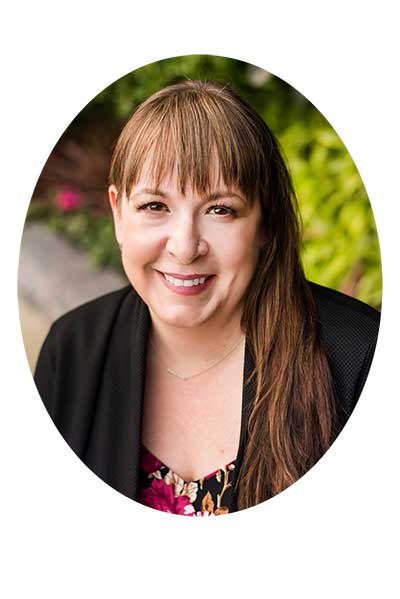Why I Stopped Using Retinol Forever (And What I Use Now Instead)
If you’ve ever experienced the redness, dryness, or irritation that comes with retinol, you’re not alone. Like many, I finally decided it was time to break up with retinol—and I’ve never looked back. This article dives into why I made the switch and what I now use for glowing, healthy skin.
Why Retinol Wasn’t Worth It for Me
As a doctor, I thought starting with a clinically proven product like retinoids was the best choice. I expected results but wasn’t prepared for the side effects. My dermatologist gave me a “no pain, no gain” pep talk, but I had no idea how bad it would get. Irritation, redness, and even peeling skin made me hesitant to leave the house.
I tried everything: short contact tazarotene, adapalene, retinaldehyde, retinol—you name it. But every time, the same cycle repeated: anxiety over potential damage, followed by swollen eyes, painful tear ducts, redness, and flaking. It felt like retinol ruined my face.
Then two things happened:
- I started planning pregnancies and got anxious about safety.
- I noticed my skin looked dramatically better during the healing phases when I used only gentle, natural oils.
Understanding Retinoids
Retinoids are vitamin A derivatives that include retinol, retinaldehyde, and Retin-A (tretinoin). These ingredients work by promoting cell turnover and collagen production, making them popular for treating acne and photoaging.

4 Reasons to Ditch Retinol
#1 Intolerance
Retinol intolerance is a common issue, with side effects like redness, dryness, peeling, and even meibomian gland dysfunction, which affects the tear ducts and can lead to dry eyes and corneal damage.
#2 Pregnancy
Although topical retinoids aren’t proven to cause birth defects, they’re classified as a precautionary "Category B or C" by the FDA (depending on the agent). Most women prefer to avoid them during pregnancy for peace of mind. Pregnancy is where I first discovered bakuchiol.
#3 Ingredient Preferences
Many consumers are moving toward natural, plant-based options. Ingredients like Bakuchiol, extracted from the Psoralea corylifolia plant, have shown similar efficacy to retinol without the harsh side effects.
#4 Other Effective Ingredients Exist
Alternatives like AHAs, Vitamin C, niacinamide, and peptides can deliver similar benefits without the irritation. For example:
-
- Alpha Hydroxy Acids (AHAs): Glycolic and lactic acids promote cell turnover and renewal.
- Vitamin C: Improves collagen production and brightens skin tone.
- Peptides: Stimulate collagen for firmer skin.
My Retinol-Free Routine
Since breaking up with retinol, I’ve embraced a gentler skincare routine focused on protecting my skin barrier. My star ingredients are Bakuchiol and Tetrahexyldecyl Ascorbate (a non-irritating Vitamin C derivative). Together, they deliver anti-aging and brightening benefits without irritation.
Consistency is key. A gentler, retinol-free routine can deliver amazing results—you just need patience.
Every day I use a Bakuchiol Serum in the morning and a Vitamin C Oil in the evening.
3 days a week I use a toner that contains lactic acid and polyhydroxy acid
One day a week I use a gentle face scrub.
Dr. Heather Smith developed her love for skinimalism and clean beauty years ago when she began making home remedies for her newborn's eczema. She is an expert in natural ingredients and active botanicals and has now launched bareLUXE Skincare - a full line of effective oil serums. She dedicates this blog to consumers who are researching ingredients and working to make their beauty ritual more natural and sustainable.

MEDICAL DISCLAIMER
This content is for informational and educational purposes only. It is not intended to provide medical advice or to take the place of such advice or treatment from a personal physician. All readers/viewers of this content are advised to consult their doctors or qualified health professionals regarding specific health questions. Neither Dr. Smith nor the publisher of this content takes responsibility for possible health consequences of any person or persons reading or following the information in this educational content. All viewers of this content should consult their physicians about their skincare concerns and routines.









Leave a comment